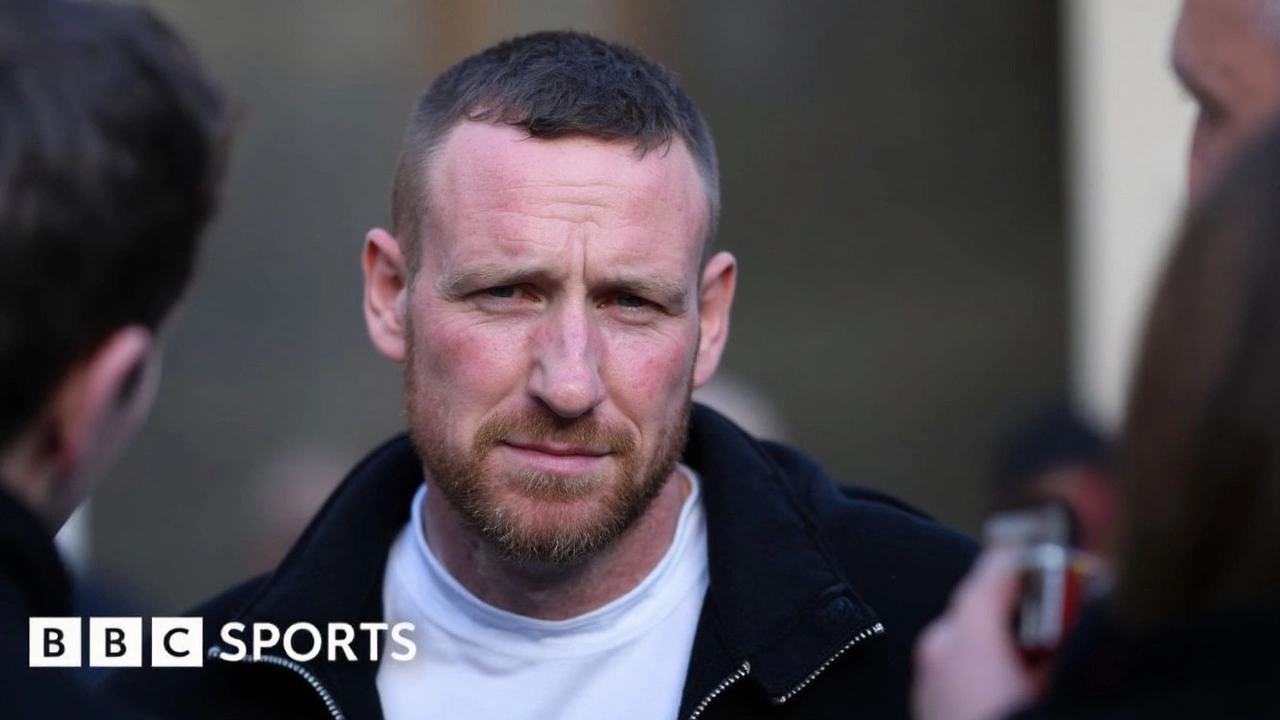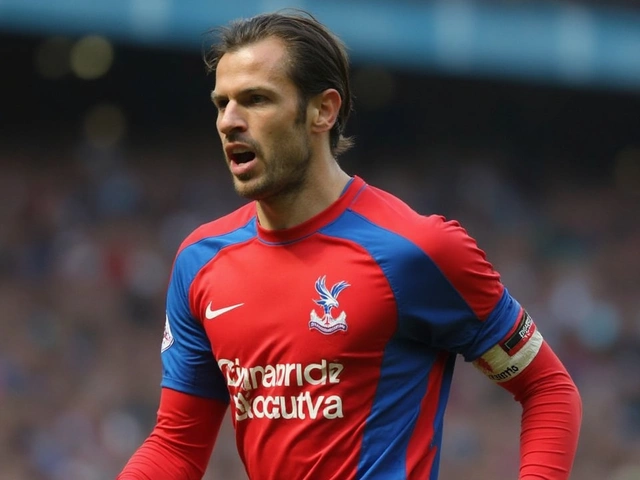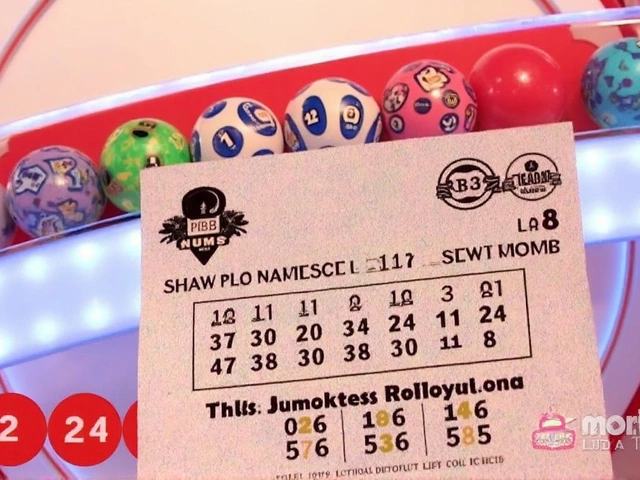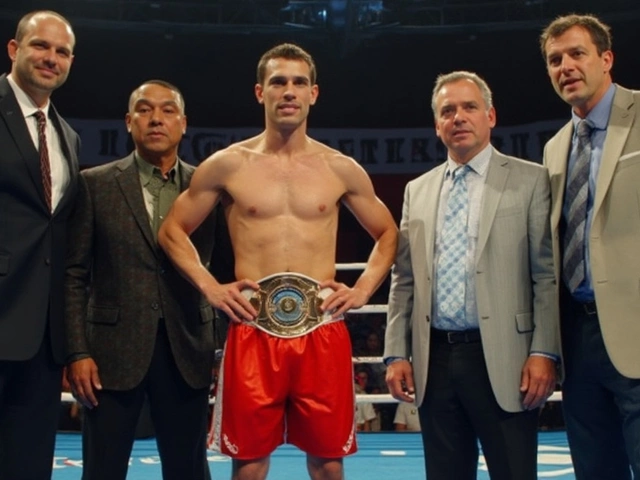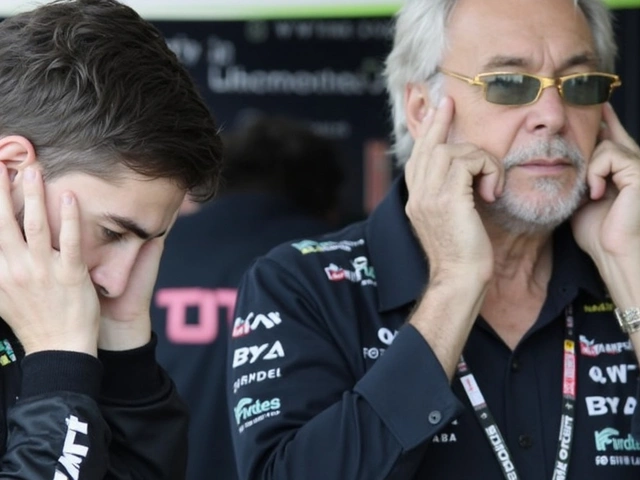Bradley Wiggins Lifts the Lid on His Secret Addiction
It’s hard to imagine a sporting hero like Sir Bradley Wiggins, the first Brit to claim a Tour de France title, hiding such a dark secret for years. Behind the medals—five Olympic golds, countless British records—Wiggins battled a cocaine addiction that gripped him soon after his retirement in 2016. For years, he managed to keep up his public appearances, but privately, he spiraled as a 'functioning addict.' His story brings the harsh truth that even the most celebrated athletes can carry invisible burdens.
What pushed Wiggins down this path? The answer isn’t glamour or party scenes. He describes using cocaine not as a social high but as a desperate escape from old wounds—trauma from his childhood, crushing career pressures, relentless stress, and the bleak plunge into post-sport uncertainty. After leaving professional cycling, Wiggins found himself tangled in financial difficulties, which eventually led to his bankruptcy in 2022. These struggles, he says, fuelled the need to numb his pain, leading to a self-destructive cycle that seemed impossible to break.
His children saw the worst of it. As Wiggins’ behavior grew more unpredictable, their worry reached a breaking point. Fearing for his life, they staged a heartfelt intervention, telling him bluntly that if nothing changed, he might end up dead. This moment forced Wiggins to admit the full extent of his addiction and agree to get help—a choice that, in his words, saved his life.
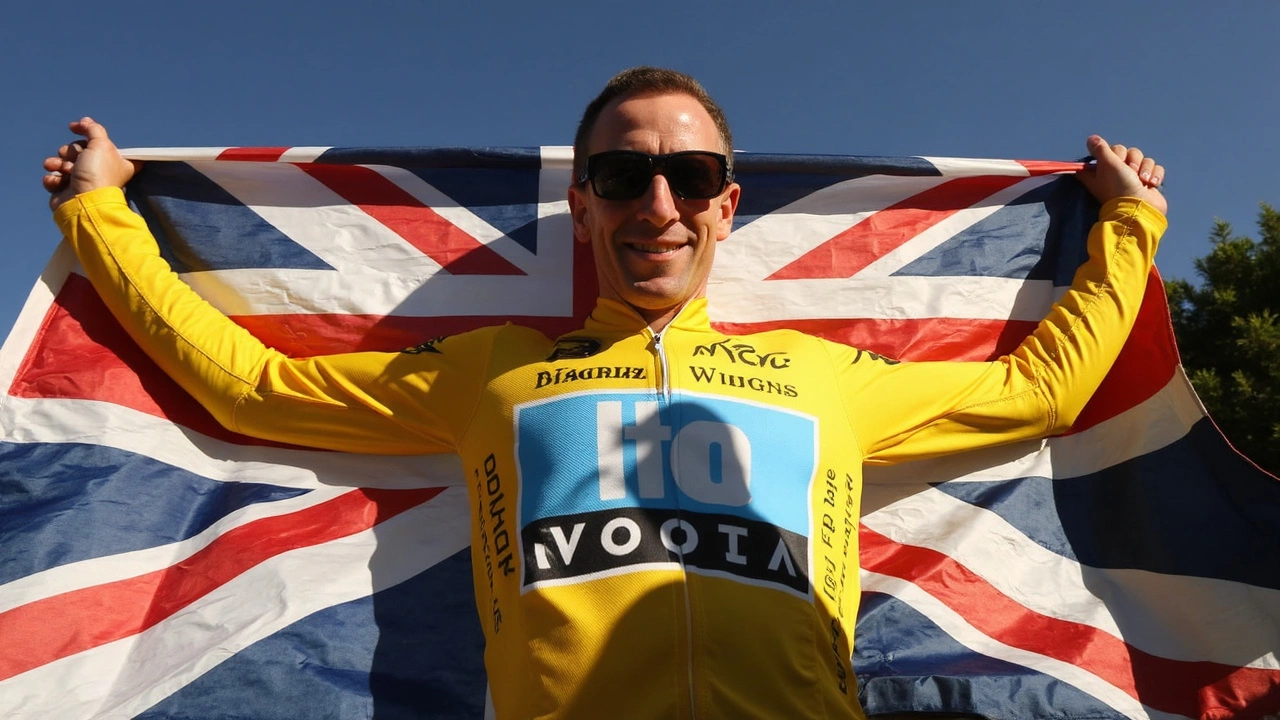
Recovery, Support, and the Battle to Stay Clean
Therapy became Wiggins' lifeline on his way back, but the journey wasn’t a solo effort. Surprisingly, Lance Armstrong—the once-revered, then disgraced American cyclist—stepped up to help. Armstrong, who had his own infamous fall from cycling’s summit, personally offered to pay for Wiggins' therapy. Their connection shows a quiet side of sports solidarity, where rivals can show compassion through shared struggle rather than competition.
Wiggins credits therapy sessions and routine with helping him stay clean. He’s been sober for a year, but he’s candid about the reality: the risk of slipping back never truly disappears. Recovery, especially after such public highs and lows, is all about managing triggers—avoiding old habits, setting boundaries, and constantly checking in with himself. Wiggins says he’s finally found a sense of peace and control, but every day, the fight to stay healthy goes on.
Next up, Wiggins is ready to share every detail in his book, The Chain. He pulls no punches about addiction's grip—the endless tightrope walk of hiding substance abuse from the outside world while falling apart inside. He wants his story to crack the veneer of perfection we put on athletes and remind people that vulnerability runs even through the toughest champions.
Wiggins’ honesty now offers a lifeline for others—showing that reaching out, even at your lowest, changes everything. His road hasn’t been easy. But his willingness to speak out turns struggle into a new kind of strength: one built on openness, hard-won trust, and the hope that better days are possible, even after crossing the finish line.
